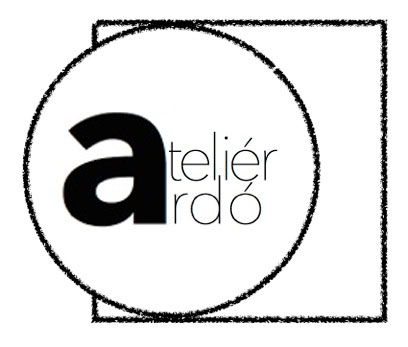Pitter patter, pitter patter; and then
Poem by Zsuzsanna Ardó, set to music by Daniel Andor-Ardó
I had read the fairy tale about Dwarf Nose, whose nose gets so long nobody recognizes him anymore. My mother pretended that had happened to me. I still vividly recall the blind terror with which I kept crying: but I am your child, I am your Hannah.
~Hannah Arendt
(political theorist, in her letter to Martin Heidegger after their break-up)
Why is Dwarf Nose upset when nobody recognises him anymore?
Why should identifying with Dwarf Nose make Hannah Arendt cry in “blind terror” as a child, and why should she vividly remember it over two decades later as an adult? What does it mean to be “recognised” by the other?
What has it got to do with ‘being accepted’? How does it all relate to the private and the political, the intimate and the social?
Pitter patter, pitter patter; and then is inspired by these questions embodied in the fairy tale about Dwarf Nose, as experienced by Hannah Arendt as a child, and reexperienced as an adult.
Yet it is as much—or indeed as little—about a ‘fairy tale’ as Bartók’s Bluebeard’s Castle is in Béla Balázs’ libretto. Certainly not fairy tale in the sense of ‘fairy tale’ ending. It’s not about a walk into the sunset, over the rainbow, along the yellow brick road. Inspired by Hannah Arendt’s experience of Dwarf Nose,
Pitter patter, pitter patter; and then is about false hopes and the experience of rejection, exclusion, and persecution at a personal level. The shape-shifting of these states: from false hope to rejection, from rejection to exclusion, from exclusion to persecution. The shape-shifting rhythm is subtle, soft; hardly noticeable at first. A mere summer drizzle. Hitting a leaf, here and there. Playfully.
And then. And then, shifting into hurricane gear. Hurricane gear, be it in the realm of fairy tales, climate change, history –or contemporary politics.
And then. ~Zsuzsanna Ardó
Zsuzsanna Ardó is an artist, curator and writer. She directed her play about Arendt and Heidegger for the Short Play Festival at Harvard University in 2003. www.ardo.org
Published in Uncaged, NY, 2013.
